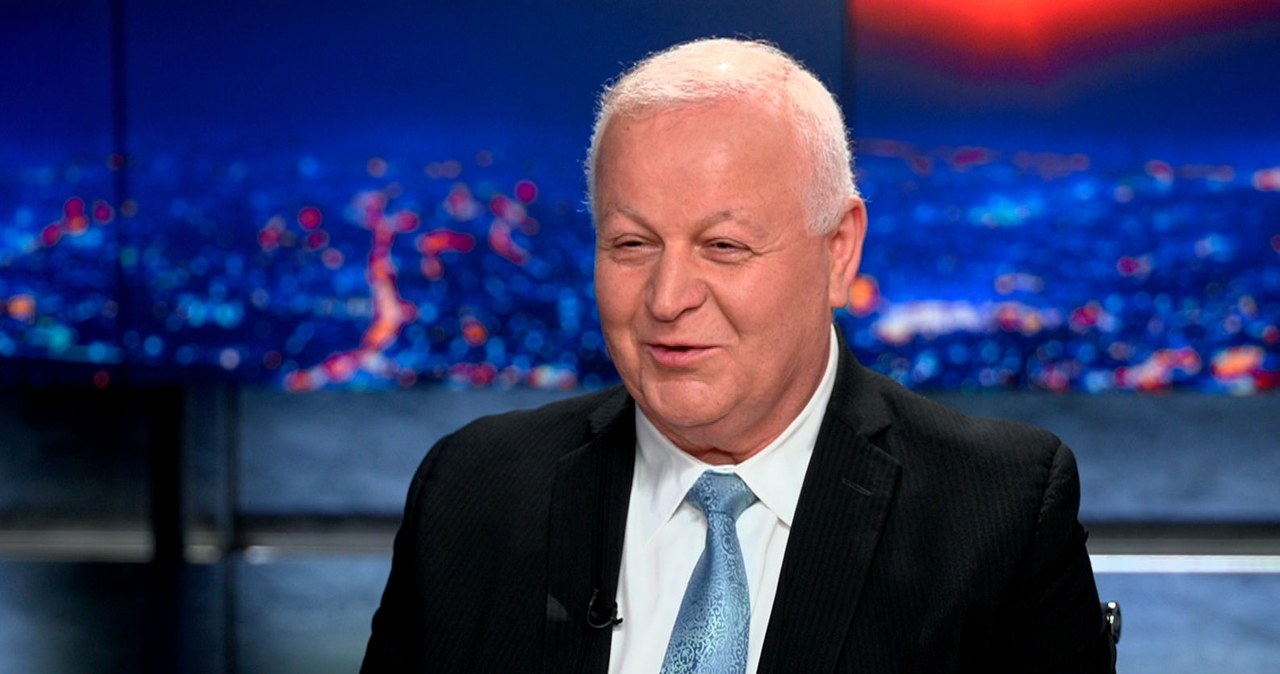Students across England, Wales and Northern Ireland are receiving their GCSE results today, marking a significant milestone for the "pandemic cohort" who moved from primary to secondary school during COVID-19 lockdowns. Results are available from 8am at schools, with more than one in five entries expected to achieve top grades.
This generation of teenagers were in Year 6 when schools closed in 2020, making them the first full cohort to experience the primary-to-secondary transition during the pandemic. Education Secretary Bridget Phillipson said these students had shown "remarkable resilience" despite the disruption to their crucial years of education.
Digital innovation for results access
More than 95,000 pupils in Greater Manchester and the West Midlands can access their results through the new Education Record app from 11am as part of a government pilot. The app brings GCSE exam results and certificates into one digital platform, aimed at helping young people when applying to further education, apprenticeships or employment.
England uses numerical grading from 9-1, while Northern Ireland and Wales retain traditional A*-G letter grades. Last year, 21.8% of UK GCSE entries achieved top grades, down from 22.0% in 2023 but remaining higher than pre-pandemic levels of 20.8% in 2019.
Increased competition and challenges
Competition for sixth form places is expected to be fiercer this year due to multiple factors. Bill Watkin, chief executive of the Sixth Form Colleges Association, said admissions would become "more competitive" because of a rising 16-year-old population.
Professor Alan Smithers from the Centre for Education and Employment Research suggested competition for the most selective sixth forms will be "fiercer than ever" as more families may seek state sector places following VAT changes on private school fees introduced in January. There has also been a notable rise in requests from students wanting extra time and separate exam rooms since the pandemic.
Lasting pandemic impact
Education leaders have warned of continuing challenges facing this cohort. Pepe Di'Iasio, general secretary of the Association of School and College Leaders, said: "This cohort of GCSE students have undoubtedly been affected by the disruption caused by the Covid-19 pandemic earlier in their education."
Watkin said colleges are dealing with "large numbers" of students requiring individual accommodations, creating difficulties in providing sufficient rooms and invigilators. He added: "It's very difficult to provide for all of them. There just aren't enough rooms or enough invigilators and that's not going to get easier anytime in the immediate future."
Calls for education reform
Lee Elliot Major, professor of social mobility at the University of Exeter, has called for a national corps of undergraduate tutors to help pupils improve literacy and numeracy. He warned: "Stark socio-economic divides in GCSE results are a legacy of the Covid disruption and the crisis in school absenteeism which threaten to scar a whole generation."
Paul Whiteman, general secretary of the NAHT, criticised the current system's "average of 30+ hours of exams per student" as excessive. The government launched a curriculum and assessment review last July, with the final report due this autumn considering opportunities to reduce the overall volume of GCSE assessment.
Sources used: "PA Media", "Sky News", "Liverpool Echo", "Independent", "Yorkshire", "Evening Standard", "BBC", "Birmingham Mail"
Note: This article has been edited with the help of Artificial Intelligence.










